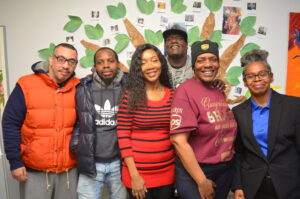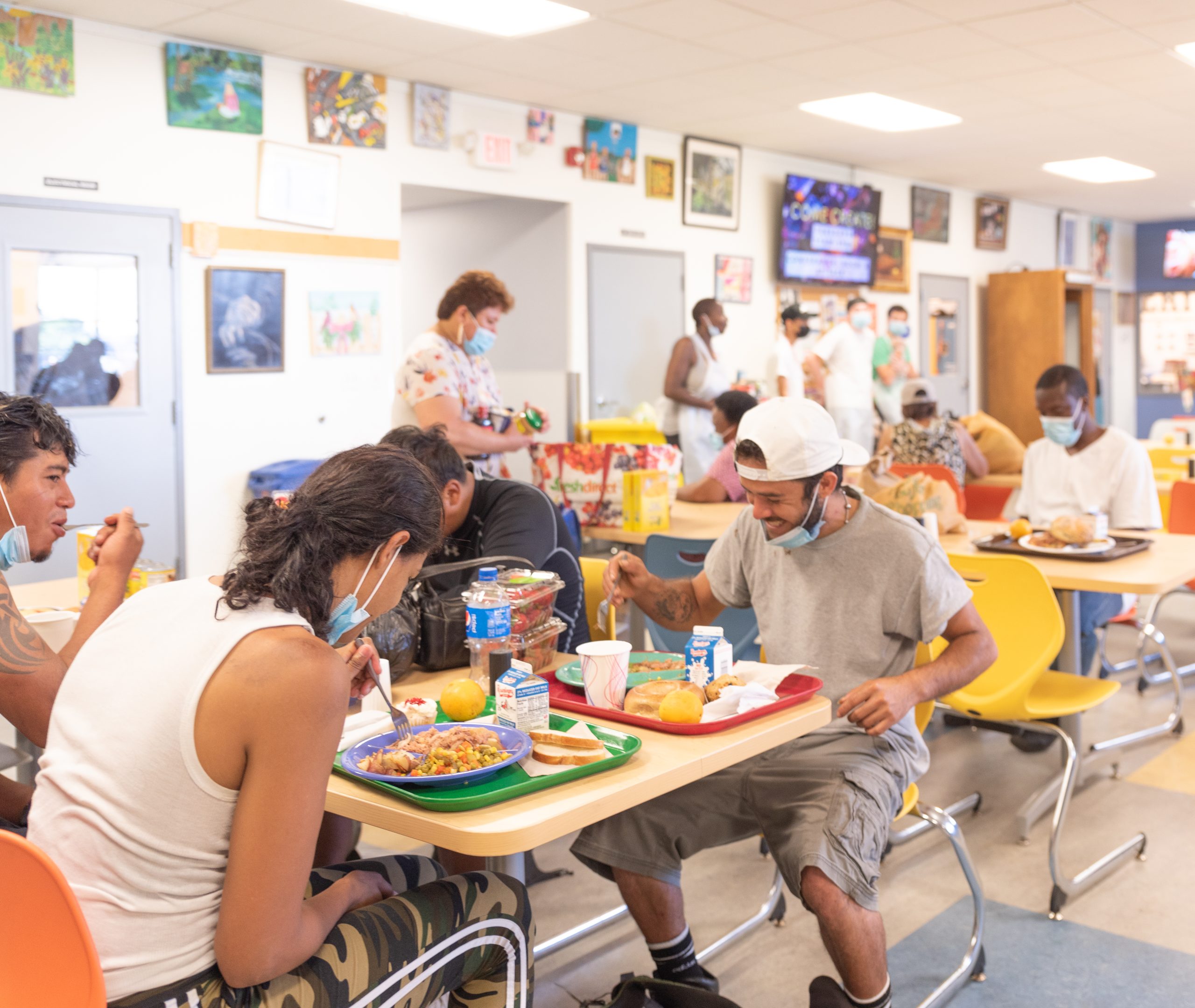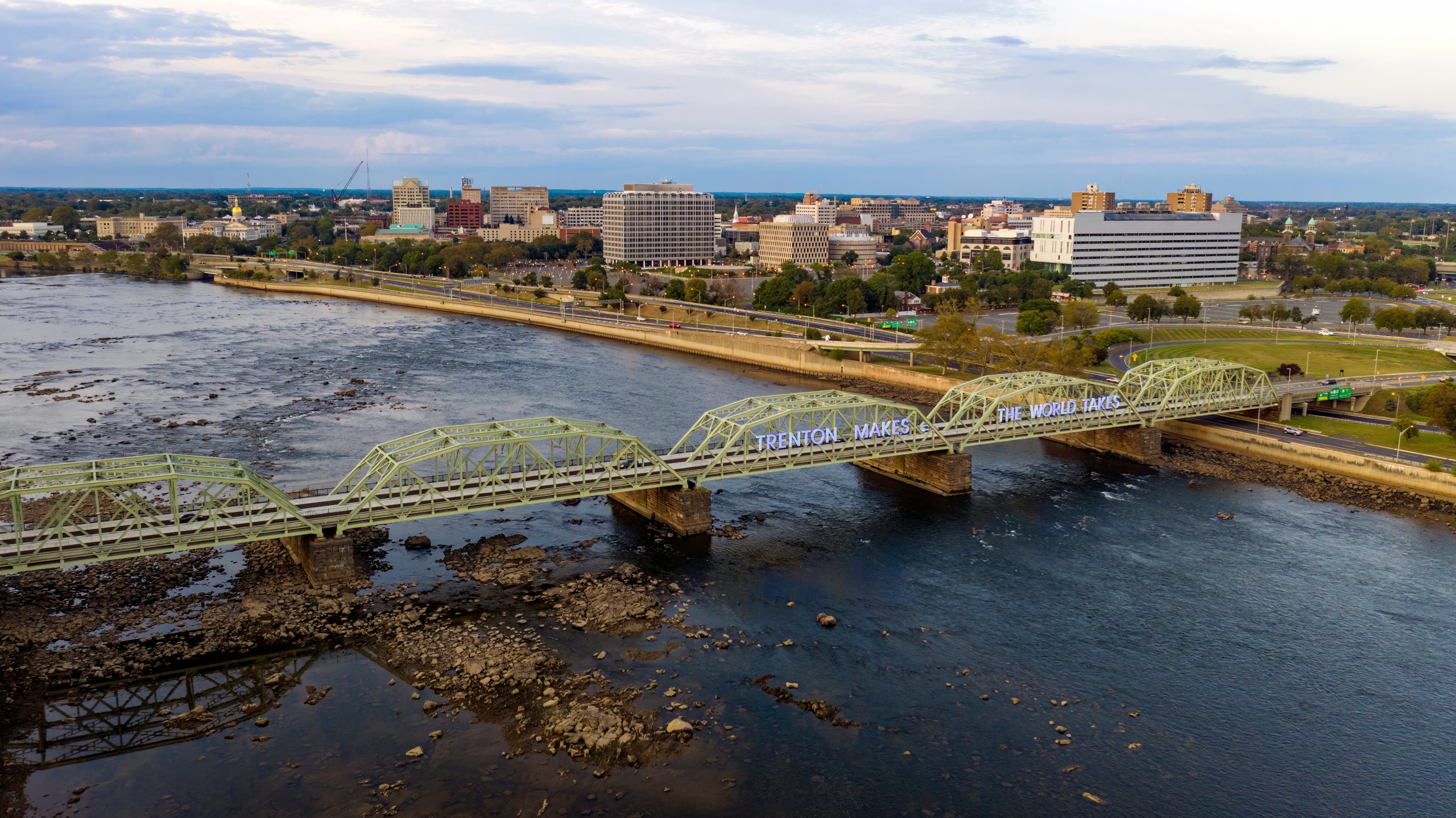News, Events & Stories
Building Bridges With Technology
TASK’s computer classes help students and jobseekers overcome the digital divide
For many, the COVID-19 pandemic highlighted the importance of digital literacy. As so many important activities migrated online, the gap between those who had access to modern technology and those who did not became glaringly clear.
In response, in 2021, TASK hired Computer Resource Specialist Carolyn Burke to revamp our digital education program to better meet the new and changing needs of our patrons.
An initial focus of Burke’s digital literacy courses was to help connect patrons to free or low-cost smartphones and tablets via various community partners. She began offering introductory lessons on topics like accessing emails on a cell phone, sending texts and setting alarms or reminders. She also introduced students to functional fundamentals including using a computer, typing, sending emails, managing a calendar and more.

Since that first cohort, Burke has been diligently working to expand her curriculum and boost program retention. “There are people dealing with cognitive issues, homelessness, medical issues; all of these things that can make attending the course difficult or overwhelming,” she explained.
This winter, as TASK welcomed its fifth cohort, Burke reflected on the fact that she has achieved many of her initial goals for the program. The program now includes a pre-enrollment assessment of skills and potential retention barriers to help identify learning gaps and has been expanded to ten weeks of material. The newest syllabus includes all the previous material and features advanced lessons on Microsoft Office 365 and Google’s G Suite.
Recently, Laptop Upcycle donated 10 laptops for students to keep and use after graduation. Burke hopes the laptops will be an incentive to stick with the program, despite the challenges patrons face outside of class.
Students also get experience in more nuanced topics such as sending email attachments, safe Internet practices and navigating the computer desktop. Several of Burke’s classes are now held online so that patrons who are unable to attend a lesson do not fall behind. Burke even launched a YouTube Channel where classes are posted and available for free.
This year, Burke began to incorporate the ever-expanding capabilities of artificial intelligence into her course. Students can now ask ChatGPT questions about course materials and receive answers. Burke uses AI to produce business logos for interested patrons and can even ask it to produce exams for the digital literacy course since it has been fed all of the course material.
“I hope AI will continue to create efficiencies in my course and make complicated questions easy to answer for people, even when I’m unavailable,” Burke said.



